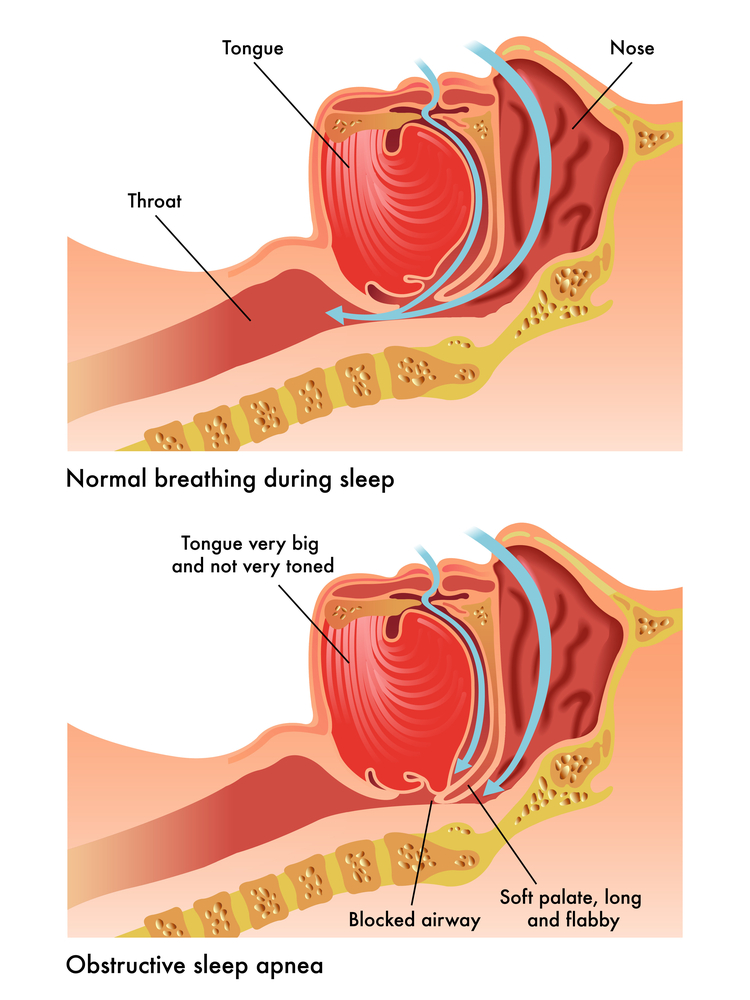
Snoring. Daytime fatigue. Brain fog. If you have any kind of sleep apnea, then deep, restful sleep may seem impossible. Rest assured, help is here.
Dr. Timothy Mickiewicz of Sacramento, CA, has studied sleep apnea and its symptoms. He has helped many patients find restful sleep with custom oral appliances, also called mandibular repositioning devices. Here’s what one patient says about Dr. Mick’s sleep apnea treatment:
“I have been seeing Dr. Mickiewicz for over two years and am very satisfied with his services. I have a sleep apnea problem and rarely was getting any good night’s rest. My medical doctor suggested I wear a large breathing machine [CPAP]… so I went ahead and got one and tried it out and had nothing but problems trying to sleep with this large breathing machine strapped to my head. Then I saw Dr. Mickiewicz and he has found the simplest and most affordable solution with my custom-made mouthpiece that reshapes my jaw position just while I sleep! Bingo– no more sleep issues and also no more large breathing machine to struggle with! I am very grateful for his expertise and experience with sleep issues.”
This patient is referring to a mandibular repositioning device. We’ll talk more about this later.
What’s sleep apnea?
Obstructive sleep apnea (OSA), the most common type of sleep apnea, causes a person to completely stop breathing while asleep. “Apnea” means “a pause,” and with sleep apnea, apneic episodes can last up to 20 seconds or more, occurring hundreds of times a night. No wonder you don’t feel rested in the morning!
What are some telltale signs of sleep apnea?
Though proper diagnosis is important, in general, if you experience two or more of these symptoms, you should undergo a sleep study to find the root of the problem.
- Loud snoring
- Abruptly waking while choking or coughing
- Daytime drowsiness
- Falling asleep during periods of low stimulation
- High blood pressure that’s difficult to treat
- Insomnia
- Impotence
Sleep apnea episodes happen when soft tissues in the throat and mouth relax to the point of blocking the airway. When insufficient oxygen reaches the brain, the brain wakes the body (often not to full consciousness), and the body begins breathing again.
What happens if sleep apnea isn’t treated?
In addition to all of the above symptoms worsening, untreated sleep apnea can result in:
- Stroke
- Coronary artery disease
- Arrhythmias
- Heart attack
- Heart failure (death)
What’s a mandibular repositioning device?
Though it sounds a bit intimidating, a mandibular repositioning device simply opens the airway. It’s also known as a MAD or mandibular advancement device. The appliance fits into the mouth like an athletic mouthguard or bruxism guard, but it achieves a different goal.
A MAD worn in the mouth during sleep keeps the lower jaw slightly forward and the tongue in a proper position. The result is that soft tissues in the upper airway don’t collapse to cause apneic episodes. Airflow remains open and breathing is consistent.
Diagnosis by Home Sleep Study
Sleep studies often take place in a sleep center, where the patient sleeps in an unfamiliar bed as electrodes and other technology measure medical data regarding sleep quality. For instance, blood-oxygen level is measured. The number of apneic episodes and depth of sleep are recorded, as well.
In contrast, a home sleep study allows you to sleep at home in your own bed. You wear an easy-to-use data recorder, then go to bed and wake up normally. Data from the sleep monitor will provide the information necessary for diagnosis.
Can sleep apnea be cured? Yes, in most cases, with surgery. The good news is, it can be treated, so you can avoid surgery!
To learn more about sleep apnea, MADs, and home sleep studies, call Dr. Mick’s Sacramento dental office today at 916.469.9178.


